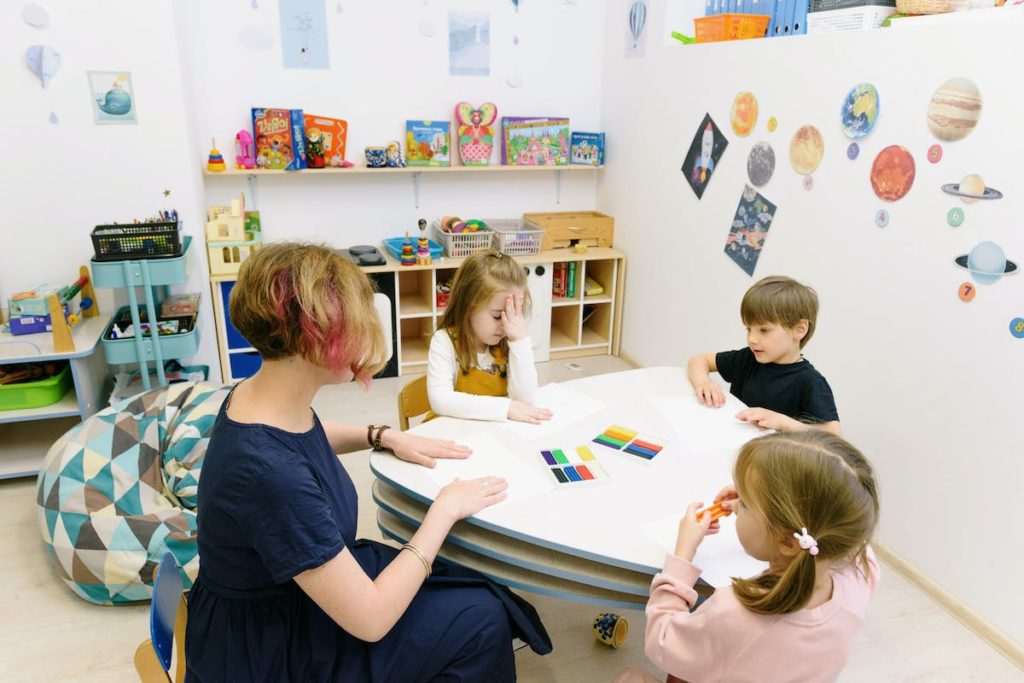As a parent, guiding your child through the labyrinth of education can be both rewarding and challenging. One pivotal point on this educational journey is the General Certificate of Secondary Education (GCSE) examinations. These qualifications, taken by students in the UK usually at the age of 16, serve as a stepping stone to further education and future career paths. In this blog, we’ll explore the essential aspects of GCSEs and provide parents with a comprehensive guide on how to support their child through this critical stage, inspired by the teachings of this prep school in London.
Understanding the Basics:
GCSEs are a series of exams that students in the United Kingdom undertake at the end of their compulsory education, typically in Year 11 (ages 15-16). The qualifications cover a range of subjects, from core disciplines like mathematics and English to more specialised fields like history, sciences, and modern languages. The grades achieved in these exams play a crucial role in determining a student’s academic and professional future.
Choosing Subjects Wisely:
Help your child make informed decisions when selecting their GCSE subjects. Encourage them to consider their interests, strengths, and future aspirations. While it’s important to strike a balance between subjects they enjoy and those that provide a solid academic foundation, emphasising their passion can enhance motivation and overall success.
Effective Study Habits:
Support your child in developing effective study habits. Establishing a dedicated study space, encouraging regular breaks, and promoting a healthy work-life balance are essential. Teach them the importance of time management and help create a revision timetable. Be mindful of stress levels and offer emotional support during this challenging period.
Communicating with Teachers:
Maintaining open communication with your child’s teachers is vital. Attend parent-teacher meetings and seek regular updates on your child’s progress. Understanding the curriculum, grading system, and any additional resources available can help you provide targeted support at home.
Exam Techniques and Practice:
Equip your child with effective exam techniques. Teach them how to manage their time during exams, read questions carefully, and plan their answers. Encourage regular practice through past papers and mock exams. This not only helps in familiarising them with the exam format but also builds confidence and resilience.
Emotional Support:
The pressure of GCSEs can take a toll on your child’s mental health. Be attuned to their emotional well-being, offering a listening ear and a supportive presence. Remind them that exam results are just one aspect of their journey, and setbacks can be opportunities for growth.
Post-GCSE Options:
Discuss the various paths available after completing GCSEs. Whether it’s pursuing further education, vocational training, or entering the workforce, understanding the options empowers your child to make informed decisions about their future. Be open to exploring different pathways that align with their interests and goals.
Navigating the realm of GCSE qualifications requires a collaborative effort between parents, students, and educators. By fostering a supportive environment, emphasising effective study habits, and encouraging open communication, parents can play a pivotal role in helping their child succeed during this crucial stage of their academic journey. Remember, it’s not just about the grades; it’s about fostering a love for learning and equipping your child with the skills they need for a bright and fulfilling future.











